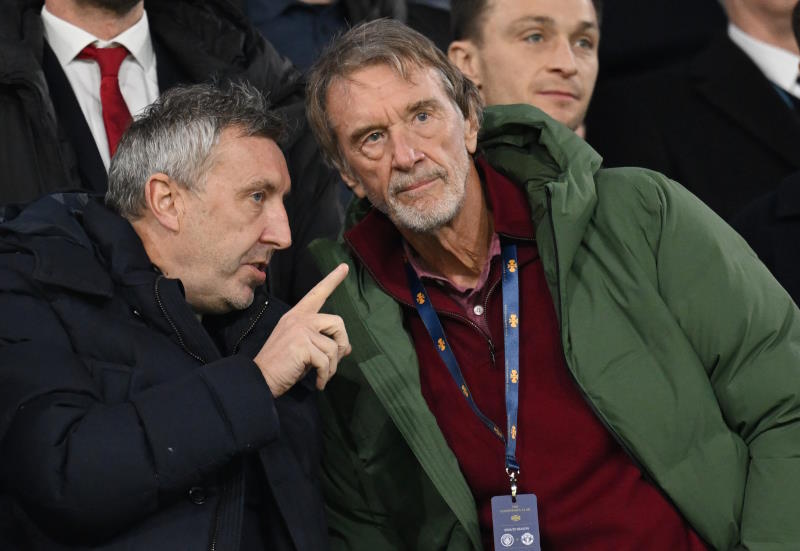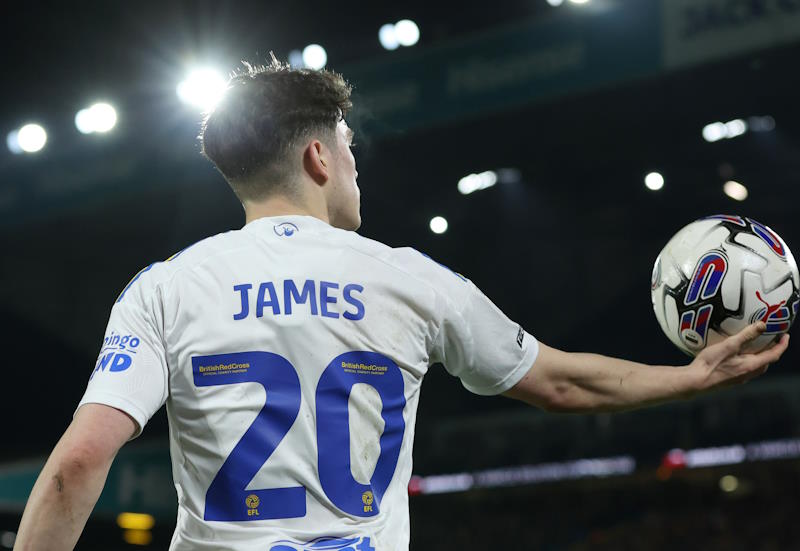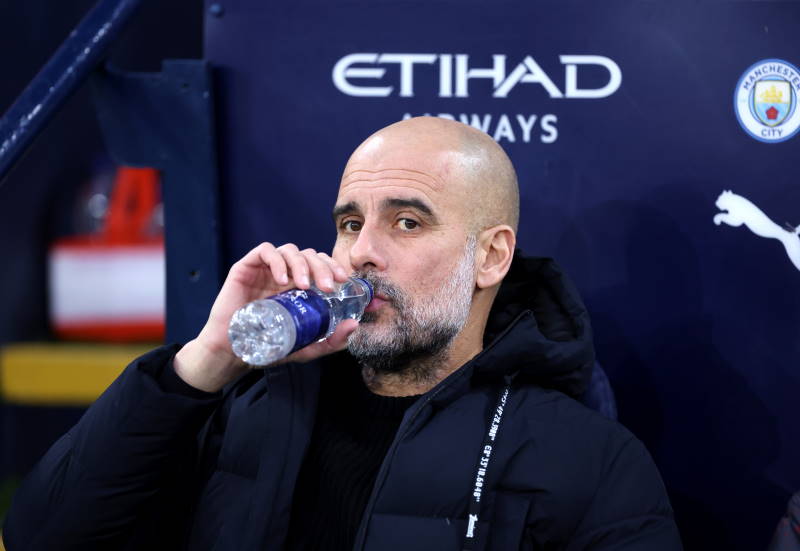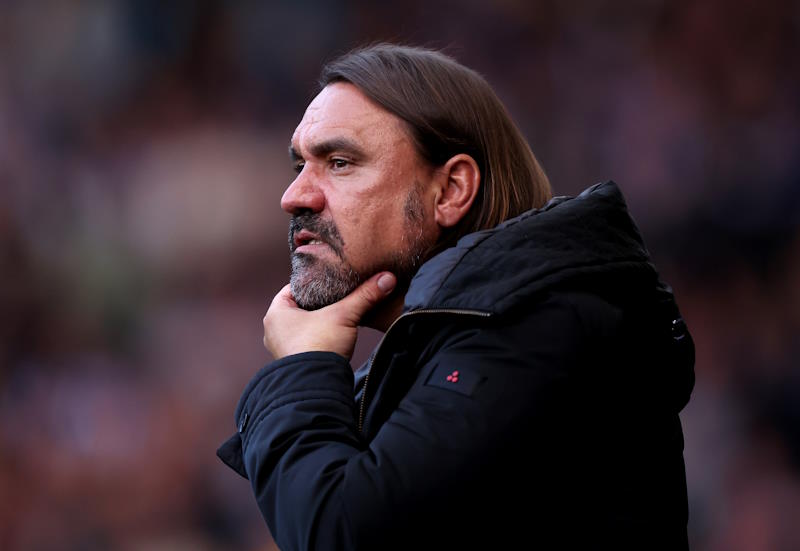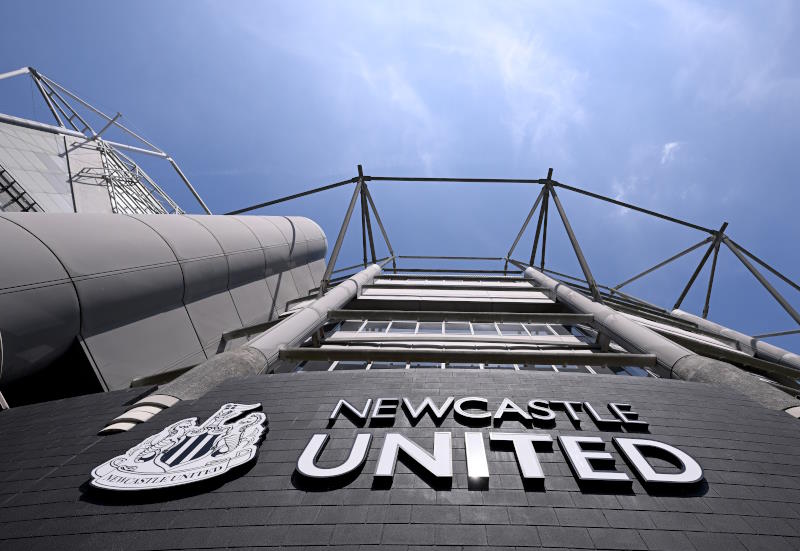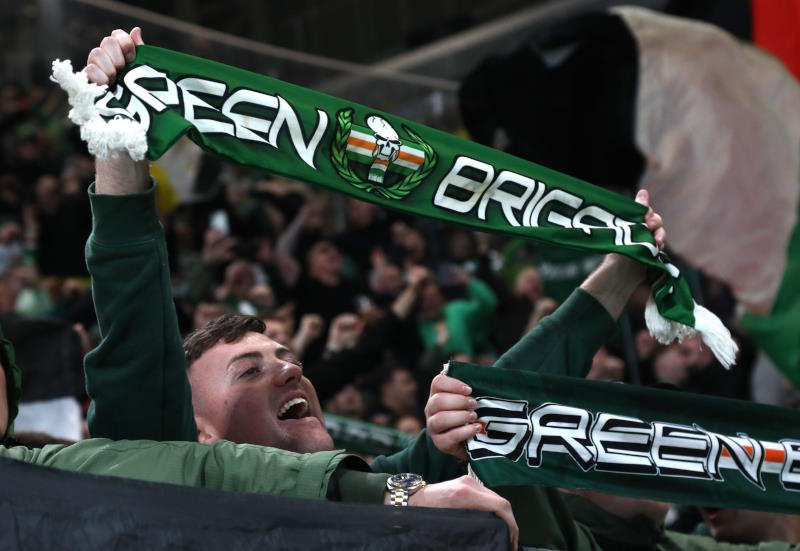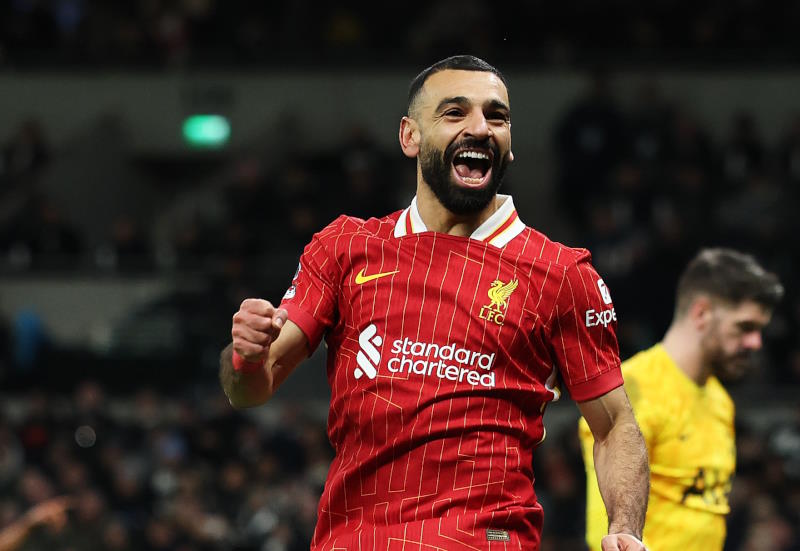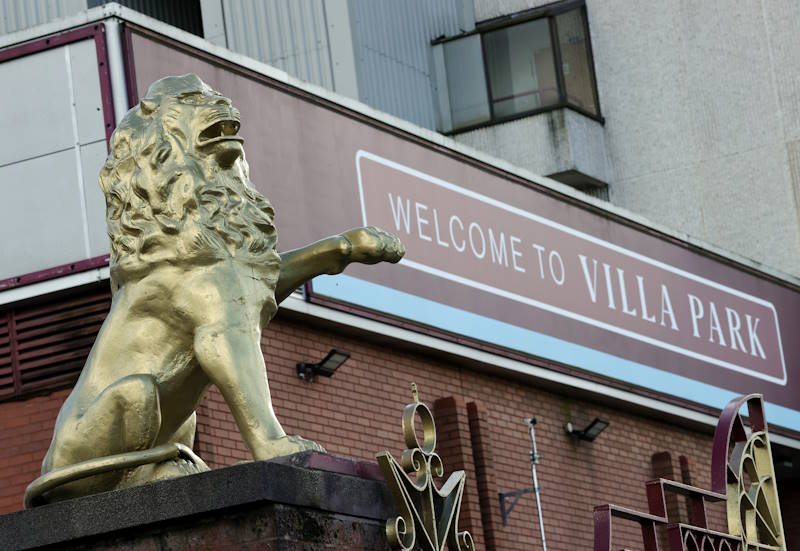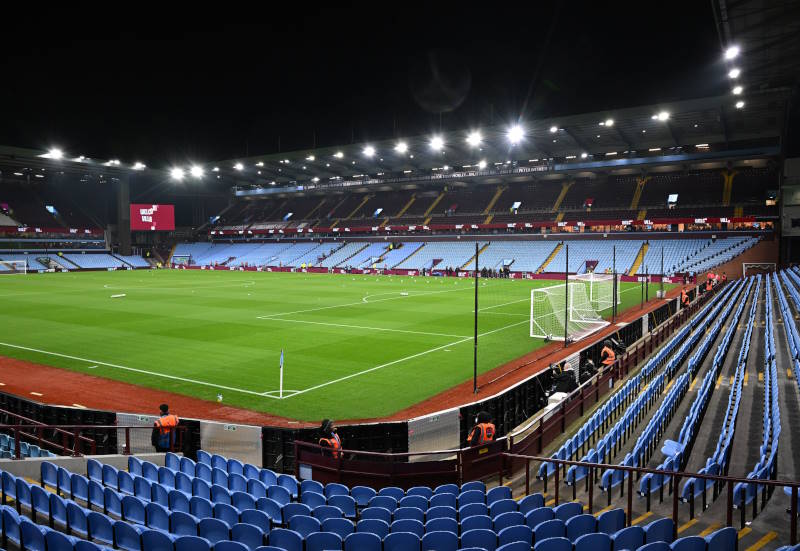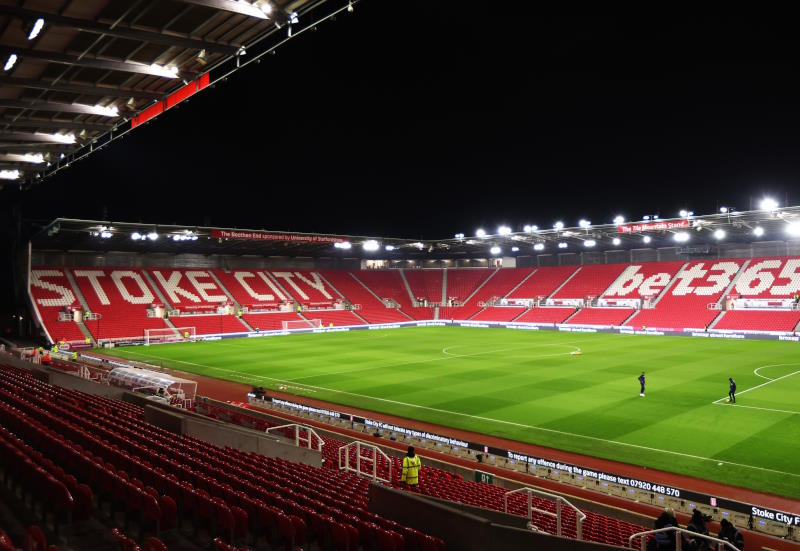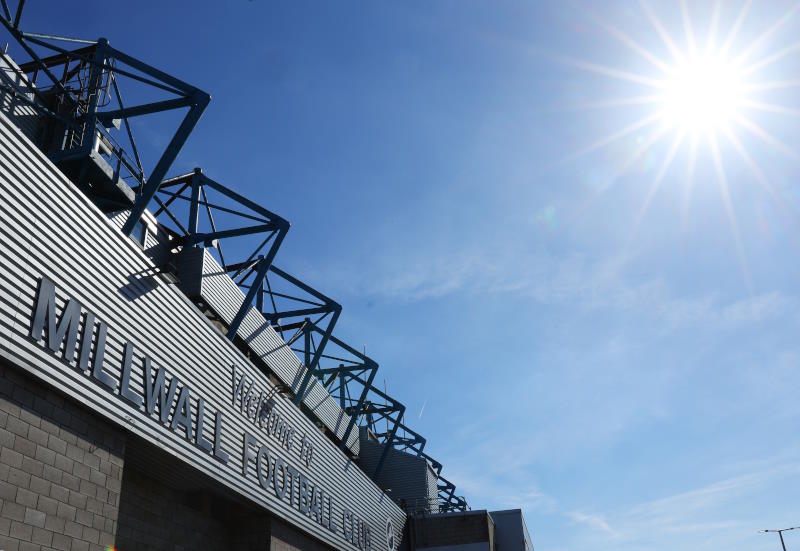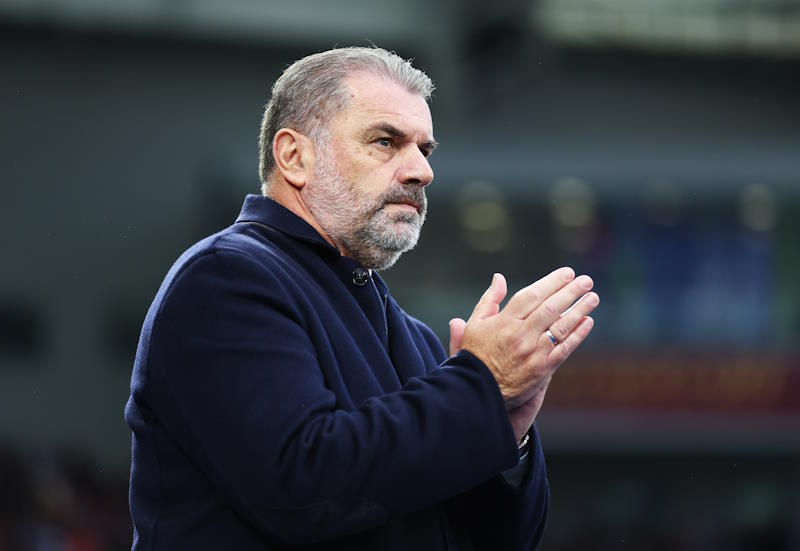
What brings a European player to Brazil? In the case of the Serbian Dejan Petkovic the answer is clear: He didn’t understand what he was doing. The attacking midfielder joined Spanish giants Real Madrid after four seasons with Red Star Belgrade – playing 132 times and scoring 38 goals – and stayed in La Liga for three campaigns. Those were not glorious days for Petkovic however. After clocking up only eight appearances with just one goal, Petkovic left Madrid and headed to Sevilla, on loan. In Seville he had an even worse year than with Real and slid further down the Spanish pyramid, signing for Racing Santander. But again, another disappointment.
At the end of 1997 Petkovic found himself back in Madrid, unhappy and looking for the exit door. It seemed anything would be an improvement on his Spanish disaster. Then a board member from the Brazilian club Vitória approached the Serbian and expressed his interest in taking him to the land of football. At first Petkovic no doubt thought what any European player would think: Why should he head for Brazil from Europe when every player of quality heads the other way? But the president of Vitória assured Petkovic that if he headed to South America he would join one of the greatest Brazilian clubs and be in the shop window for a move back to Europe. Petkovic didn’t know the status of Vitória in Brazilian football and believed he would fight for the title.
Petkovic agreed to talk, and the Vitória board member headed to Spain with two tickets in his hands, determined to bring the Serb back to Brazil. Sitting in Spain, opposite a man with two plane tickets to Brazil, Petkovic was convinced that the man was crazy. After all, he had his entire family in Spain, how could he drop everything and jet off to South America there and then? It seemed like madness. But Vitória’s director told the midfielder that the Pope was going to Brazil and whenever the head of the Catholic Church went to the country the whole nation stopped working and everything shut down – it was now or never. The Serbian reluctantly agreed, and soon he had left one of the world’s greatest clubs to join Vitória. It was only later he found out that Vitória were not national champions or title challengers, but only Bahia state champions. By then though the contract was signed. Petkovic admitted in an interview on a TV show years later that he didn’t know why he had got on the plane, and he couldn’t explain how he had believed the Pope story. Even so, Vitória remain close to his heart.
Rambo – a nickname Petkovic picked up from his homeland – had two fantastic seasons in Salvador and helped the Bahia red and blacks to win two state championships and the regional Copa do Nordeste. And the Serb did manage to get back to Europe, just as the Vitória director had promised, in 1999 he joined Italian side Venezia. Once again though he was unable to secure a spot in the first-team and managed just 13 appearances. It was back to Brazil.
Petkovic’s destination was Flamengo, a giant of the Brazilian game. Flamengo had just won the Copa Mercosur and picked up some extra money by the beginning of 2000. When the Brazilian season began Flamengo won the Rio state championship – for the second time in a row. Then, with the help of ISL, a Swiss sports marketing company, brought in some great players. Gamarra, Alex, Edilson and Denilson all joined the club. All but Petkovic and Edilson would leave soon after as the deal with ISL quickly turned sour.
The following year promised to be a tough one for Flamengo, especially without ISL’s money. But here was where Petkovic had one of the finest moments of his career thus far. The Rio side once again made their way through to the state championship final, and although they found themselves winning the second-leg, the aggregate score was not favourable. The minutes ticked down and defeat seemed certain. Certain until Petkovic picked up the ball that is. He placed it down for a free-kick in the 88th minute and struck a sublime strike. The Rio state title was theirs.
Petkovic also went on to pick up the Copa dos Campeões, helping Flamengo into the 2002 Copa Libertadores. Then the Serb’s form dipped, right at the time Flamengo themselves had sunk down to struggle against relegation. As the club lost the Copa Mercosur final at the beginning of 2002, Petkovic was red carded. The Copa Libertadores campaign ended in failure and the former Real Madrid man’s relationship with the club quickly went downhill. A move seemed the best option and Petkovic was sold to Vasco da Gama.
The midfielder had begun to adapt to life at Vasco and the future appeared bright. Out of the blue though came the offer of a $5M contract to pack his bags and head to China to sign for Shanghai Shenhua. After one year in China it was back to Vasco to pick up where he left off. Despite the club finishing just one place above relegation, Petkovic had an outstanding year. He scored 18 times, with 11 assists, and was voted one of the best players of the season, included in the team of the year.
In 2005 Petkovic again left South America in search of riches, joining Middle Eastern club Al-Ittihad. He soon returned however, signing for Fluminense. He scored some more wonderous goals for the Rio based club, bagging what is widely considered to have been the club’s 1000th goal in Brasileirão history, and once again making the team of the season. As Fluminense lost in the Copa do Brasil semi-final, and were also knocked out early in the Copa Sudamericana, the Serbian was on the move once again.
The seasons which followed were ones to forget for Petkovic. In 2007 he headed to Goiás, losing the Goiás state championship and then terminating his deal with the club. In that same year he joined up with Vanderlei Luxemburgo’s Santos, but again the Serbian didn’t really excel. Luxemburgo was fired and Petkovic too was on his way.
2008 saw a deal agreed with Atlético-MG. The Serb was hailed as the greatest ever player to join the club, a real coup in their centenary year. However, bad luck struck again as a series of injuries dogged his attempts to shine. Soon he lost his spot in the starting XI, despite being one of the few Atlético players to perform well when fit.
Few could have forgiven Petkovic if he had decided to call it a day after Atlético-MG, but the Serbian, despite being 36-years-old at the time, didn’t want to walk away from Brazilian football. He remained a free agent until the 20th May, 2009, when Flamengo agreed a deal to take him back to Rio. Many were skeptical. Indeed, numerous people believed that the only reason Petkovic had been brought back to the club was so Flamengo could reduce the debt the team still owed the Serbian. Some members of the board resigned. The manager was even sacked. Flamengo fans watched Petkovic, and waited.
The fans were understandably concerned. After all, Petkovic had not played competitive football for six months and was assumed to have a number of physical problems, the same kind which affected him at Atlético-MG. Then though a pleasant surprise as the Serbian showed the crowd he could still produce all that he did for the club some seven years ago. Some even whispered that he was even better.
For Flamengo the season couldn’t have turned out better as, inspired by Petkovic (and others) they picked up their first Brasileirão title in 17 years. The midfielder was even once again selected in the team of the year, and now has another chance to play in the Copa Libertadores, after the shambles of 2002.
Dejan Petkovic recently became only the third foreign player to have his feet installed in the Maracanã Walk of Fame. He is a part of the proud history of one of the greatest clubs in Brazil and the entire world. When he is substituted the Maracanã crowd rise and chant his name.
This Serbian, struggling in Spain, found glory and satisfaction in Brazil. He showed that European football isn’t the be all and end all for every player. Perhaps he will serve as a marker for other Europeans to try their luck in Brazil.
Who would have thought that a Serbian midfielder, once with Real Madrid, would become an idol in Brazil and spend the best part of his career there? Not even Petkovic would have believed that, once.

